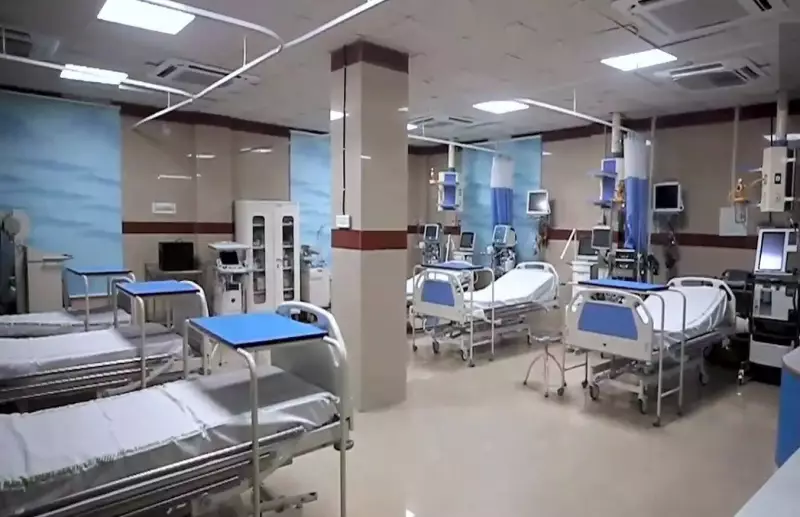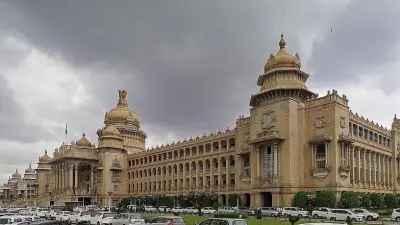
A startling Right to Information (RTI) response has uncovered a severe healthcare infrastructure crisis at Cuttack's SCB Medical College and Hospital, revealing that a staggering 91 crucial medical equipment pieces are currently non-functional, potentially compromising patient care and safety.
The Alarming Numbers
According to the RTI reply accessed by activist Pradip Pradhan, the defunct equipment includes vital medical devices essential for diagnosis, treatment, and emergency care. The breakdown shows the biomedical engineering department has declared these machines beyond repair, creating significant gaps in the hospital's medical service capabilities.
Department-Wise Equipment Failure
The situation appears most critical in key departments including:
- Radiology and Imaging: Multiple X-ray machines and scanning equipment
- Critical Care Units: Ventilators and monitoring systems
- Operation Theaters: Surgical and anesthesia equipment
- Laboratories: Diagnostic and testing machines
Administrative Response and Challenges
Hospital authorities have cited several reasons for this equipment graveyard:
- Ageing machinery beyond economical repair
- Non-availability of original spare parts
- Lack of technical expertise for repairs
- Budget constraints for replacements
Impact on Patient Care
The non-functional equipment has created a domino effect on healthcare services:
"Patients are being forced to seek expensive private diagnostic services or travel to other cities for basic tests that should be available at this premier government hospital," the RTI applicant revealed.
Broader Implications
This revelation raises serious questions about the maintenance of medical infrastructure in government hospitals across Odisha. SCB Medical College, being one of the state's largest healthcare facilities, serves patients from across eastern India, making this equipment failure a regional concern.
The RTI exposure has prompted calls for immediate government intervention, proper equipment maintenance protocols, and transparent procurement processes to prevent such situations in the future.





